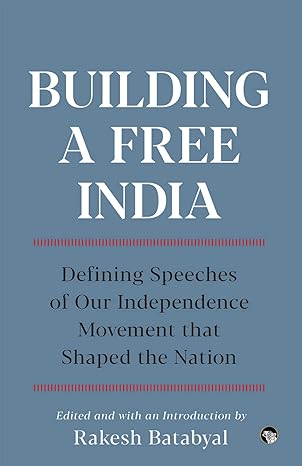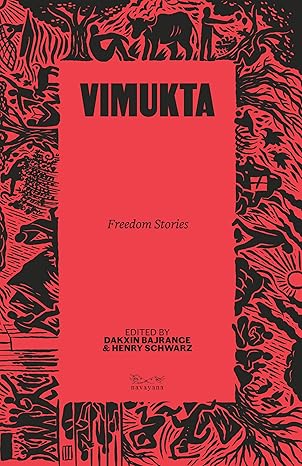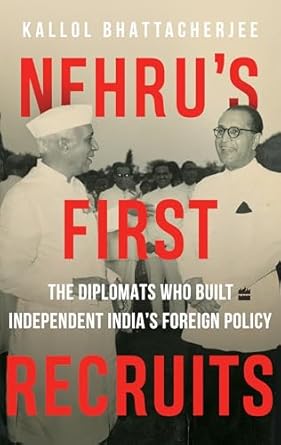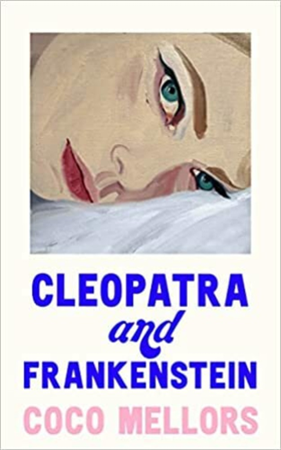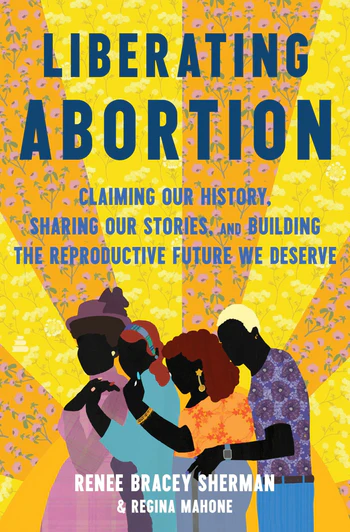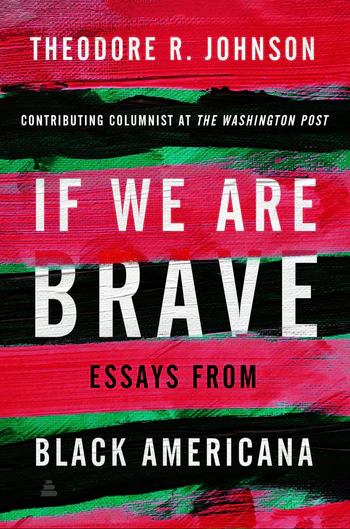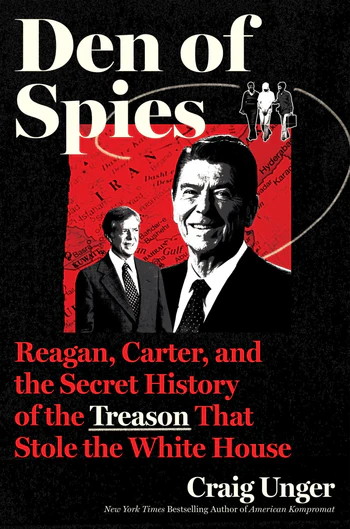SOCIETY,SOCIAL SCIEN
Featured Products
Building a Free India : Defining Speeches of Our Independence
₹455.24
M.R.P.:₹ 599.00
You Save: ₹143.76 (24.00% OFF)
Nehru's First Recruits: The Diplomats Who Built Independent India's Foreign Policy
₹524.25
M.R.P.:₹ 699.00
You Save: ₹174.75 (25.00% OFF)
Den of Spies The Untold Story of Reagan, Carter and the Treason that Stole the White House
₹899.10
M.R.P.:₹ 999.00
You Save: ₹99.90 (10.00% OFF)
Through the Eyes of Children Quotes from Childhood Interrupted by War in Ukraine, Illustrated by Artists
₹899.10
M.R.P.:₹ 999.00
You Save: ₹99.90 (10.00% OFF)
Liberating Abortion Claiming Our History, Sharing Our Stories, and Building the Reproductive Future We Deserve
₹1,130.13
M.R.P.:₹ 1,299.00
You Save: ₹168.87 (13.00% OFF)
If We Are Brave Essays from Black Americana
₹1,065.18
M.R.P.:₹ 1,299.00
You Save: ₹233.82 (18.00% OFF)
Den of Spies Reagan, Carter, and the Secret History of the Treason That Stole the White House
₹1,104.15
M.R.P.:₹ 1,299.00
You Save: ₹194.85 (15.00% OFF)
Gothic Life The Essential Guide to Macabre Style
₹1,529.10
M.R.P.:₹ 1,699.00
You Save: ₹169.90 (10.00% OFF)


